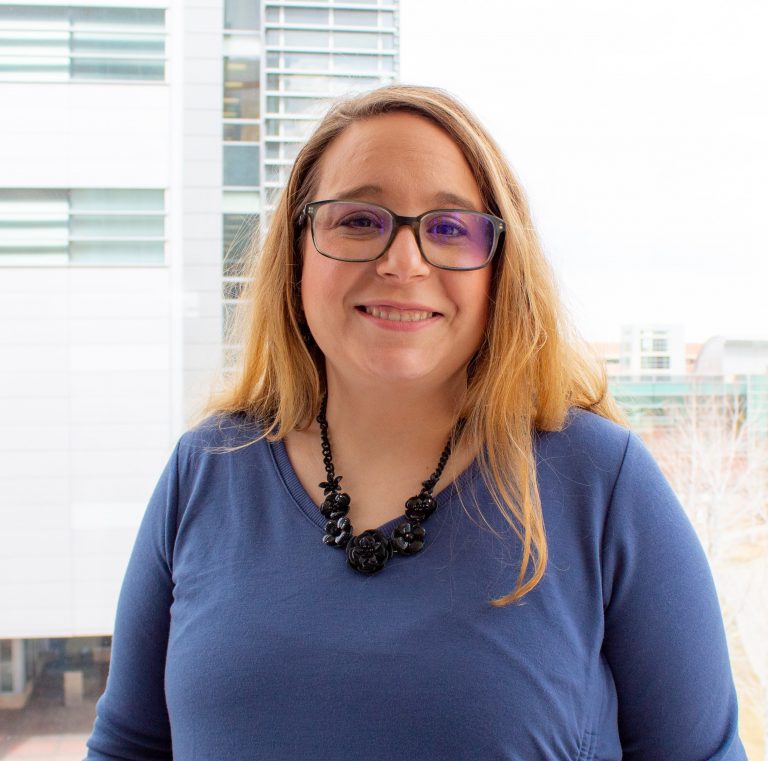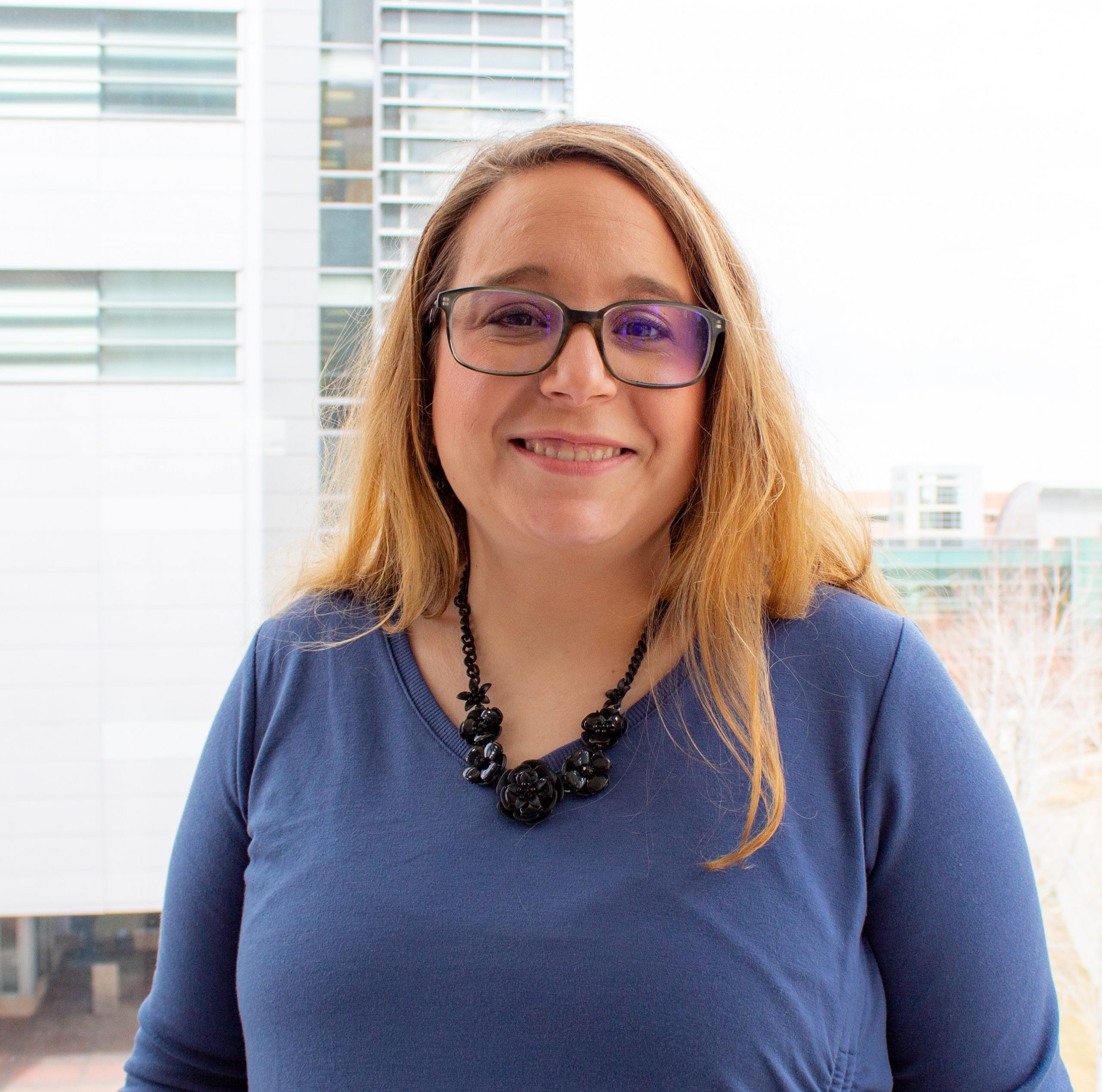ATSU-SOMA alumnus completes rural training track program, focuses on serving underserved
Posted: November 13, 2020
Morgan Hungenberg’s mother was on her way home from work in eastern Colorado when her vehicle collided with a deer.
She needed to see a doctor and proceeded to call every one she could find in the area. None could see her for at least three weeks.
Such was, and is, the situation in rural areas across the country, where residents often face a lack of access to healthcare. Her mother’s experience highlighted this for Hungenberg, DO, ’17, who soon interviewed and was accepted at A.T. Still University’s School of Osteopathic Medicine in Arizona (ATSU-SOMA). It’s a big part of why after graduating, Dr. Hungenberg pursued opportunities not only to practice in rural areas, but develop ways to encourage other medical school graduates to do the same.
Dr. Hungenberg completed the University of Colorado Family Medicine Residency – Morgan County Rural Training Track (RTT) earlier this year. The residency program includes one year in Denver, Colorado, before physicians relocate 80 miles northeast to Fort Morgan, Colorado, for years two and three. While in the 11,000-population town, residents work in Salud Family Health Centers clinics and do inpatient work at Colorado Plains Medical Center.
The program aims to resolve the shortage of physicians in rural areas by immersing participants in rural medicine and encouraging them to grow roots in their communities.
In Dr. Hungenberg, that goal had a head start. She grew up in rural northern Colorado with an eye toward a healthcare career and firsthand knowledge of area healthcare shortages. When she decided to pursue medical school, ATSU-SOMA’s mission of serving the underserved and its “1+3” structure made it an easy choice.
“I liked the idea of going to a second site during your second year and being able to get out into the communities,” Dr. Hungenberg said of ATSU-SOMA’s model, in which students spend their first year on campus in Mesa, Arizona, and then begin clinical rotations at community health center partners around the nation. “There’s so many different aspects to medicine, and they showed us that you don’t have to be in a clinic or a hospital.”
Dr. Hungenberg’s rotation took her to North Country Healthcare in Flagstaff, Arizona. She did additional rotations in that area, including on the Hopi Reservation where she worked with doctors in environments with extremely limited resources.
Meanwhile, Dr. Hungenberg got involved in a University of Denver project examining the rural medicine shortage. She was tasked with examining data from physician and community interviews and helping develop curriculum to get students interested in rural medicine and maintain that interest going forward.
There are many challenges in keeping physicians in rural areas. Spousal satisfaction, Dr. Hungenberg said, is a chief concern, with a lack of quality employment and other opportunities often cited as a reason physicians leave for urban and suburban areas. Loan repayment programs, too, are only a short-term fix, with many physicians leaving rural areas after fulfilling their time commitments.
Dr. Hungenberg said a key in reversing the trend is for physicians to develop ties to the community. When they are involved in organizations, or have opportunities to develop new programs, that investment can help make one see a place as home.
“If you’re established in the community, your kids are raised in the community, they’re going to the schools, you’re heavily involved, you’re more likely to stay,” she said.
Dr. Hungenberg is getting to do those things, right in the place she wants to be. She grew up in Geenley, Colorado, which is close to Fort Morgan and her family. Salud Family Health Centers, a network of Federally Qualified Health Centers (FQHC), also offers her opportunities to serve a broad range of underserved patients.
“It’s nice to be able to continue working in an FQHC. I like the model, I like caring for the underserved,” she said. “We definitely have our challenges with funding, and we don’t have case managers and social workers there at the clinic, but we have a really great staff who goes above and beyond every day to make sure patients have what they need. It’s really nice to work in that kind of environment.”
She’s earned high praise, according to The Fort Morgan Times.
“Dr. Hungenberg is the embodiment of our dreams for the RTT,” said Dr. Shaun Thompson of the Williams Family Foundation, one of the partners in creating RTT. “She is a great family doc trained here in Fort Morgan and has decided to make her home in Morgan County and to begin her practice here while contributing to educating future rural family doctors as an attending physician.”
